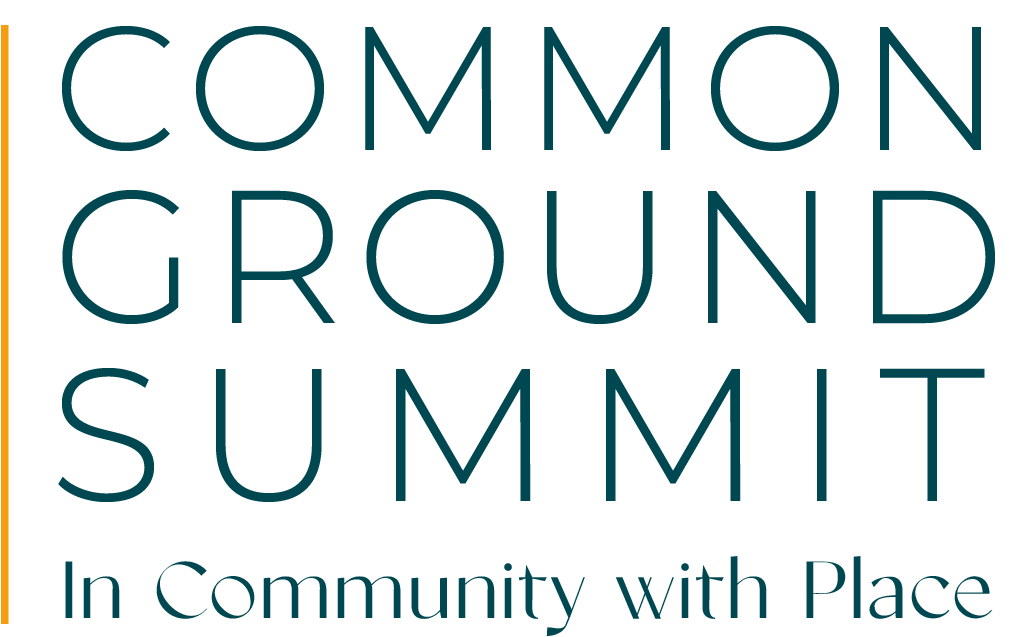Food & Folklore
by Yvonne Hunter
If We Change the Food, What Happens to the Culture?
What we eat, and where, often defines who we are.
Food is deeply embedded in cultural storytelling as a shared communal experience connected to our very existence on this planet. Food stories are survival stories, marrying people across continents, ritualized, celebrated, and passed down. Words such as “grace” attend the ceremony of breaking bread together.
Food is imbued with meaning, and in some cultures, magic. Comfort food or “food from home” gives us a sense of peace and belonging. Food satiates not just our bodies, but our souls. Rituals around it, from hot dog vendor stands in New York City to country church fundraisers, bring people into community. Ceremonies around food date back to the beginning of time and holidays, such as Thanksgiving, with its mixed history of colonialism, are rich in symbolism: a horn of plenty (for some), a symbol of oppression for others, the anodyne of a “have and have not” culture, centered around food, and unfortunately co-opted in a supermarket lifestyle.
If we want to redesign food systems, we must ask: “If we change the food, what happens to the culture?”
Any food story must be rooted in transformation, an echo of its transformation from one state to another, one form to another, one spiritual realm to another. Indigenous nations of the Pacific Northwest celebrate the annual arrival of the first salmon with reverence, in a ritual division of food to ensure the cycle of life. In Christian tradition, the holy rite of communion literally evokes wafer and wine as an experience of transcendence. In Hawaii, food is tied to a larger ancestral cosmology. Kalo, as a food staple, is more than simply sustenance – it is genealogy: a primal, sacred connection to the land that feeds us and a living symbol of the origins of humankind.
How do we reclaim this sacred connection to food, in a world urbanized and detached, where food is wasted, and fast food insidiously served up as a survival technique?
To be in community with food, we need new stories of survival and a new folklore of migration, reconnecting food and memory in something other than a supermarket lifestyle. Rejecting mono capitalistic ad jingles is a start. Food is always recognized as related to folklore, food and language intrinsically linked.
Hawaiians would say we must “come back to the naʻau” (our gut instinct). Come back to land. Plant a small garden. Catch a fish. Celebrate the rituals of sourcing and preparing real food…the return of the salmon…the planting of kalo. The preservation of foods. Or, as author Michael Pollan says, we can start with seven simple words: “Eat food. Not too much. Mostly plants.”
The rooting of the next generation will become the new folklore.

